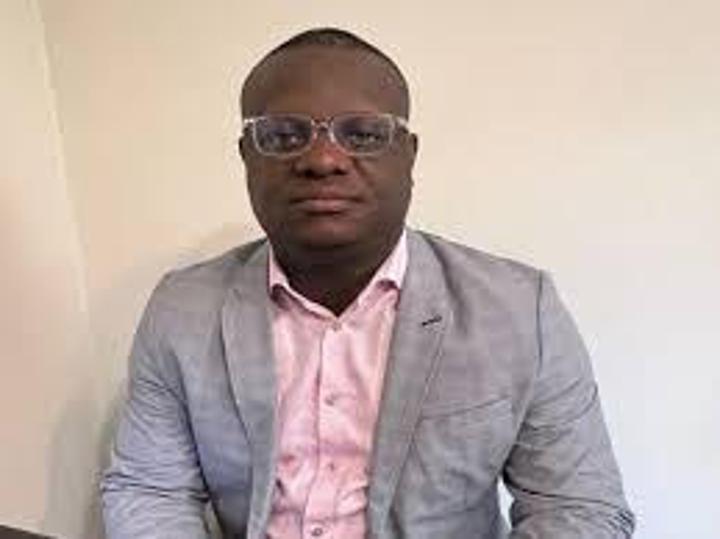Africa-Press – Liberia. Liberian human rights activist, Stanley Delano Quaye, based in Ottawa, Canada, has urged Liberians to reject both the ruling Unity Party (UP) and the main opposition Coalition for Democratic Change (CDC) in the 2029 Presidential and Legislative Elections, citing what he describes as their collective failure to lead the country effectively.
“I’m calling on the Liberian people to vote in a new political party come 2029,” Quaye told FrontPage Africa(FPA) in a telephone interview from Canada.
Quaye, a former banker and well-known writer, has long been an advocate for transparency, good governance, environmental protection and social justice in Liberia. He has been a vocal critic of both the George Manneh Weah-led CDC Administration and the current Joseph Boakai-led Unity Party(UP) Government
“Under the current UP Administration, Liberia’s human rights conditions are deteriorating. The police force is underpaid and poorly trained, making it ineffective in solving crimes. Without adequate security, tourism and investment cannot thrive,” Quaye argued.
The rights activist also expressed concern over Liberia’s porous borders, which he says have allowed an influx of undocumented migrants, some of whom, he claims, originate from jihadist hotspots.
According to him, both parties have had the chance to lead Liberia but have failed to bring about meaningful change.
“Under the current UP Administration, Liberia’s human rights conditions are deteriorating. The police force is underpaid and poorly trained, making it ineffective in solving crimes. Without adequate security, tourism and investment cannot thrive,” Quaye argued.
The rights activist also expressed concern over Liberia’s porous borders, which he says have allowed an influx of undocumented migrants, some of whom, he claims, originate from jihadist hotspots.
In his view, widespread poverty persists due to entrenched government corruption and wasteful spending—factors he says have stifled the country’s growth and development.
“Liberia’s poor and vulnerable populations lack access to social safety nets, and the government has failed to invest in key sectors such as manufacturing, social housing, healthcare, and scientific research,” Quaye noted.
“As a result, many unemployed and idle Liberian youths are turning to drugs and gang-related activities.”
Although Quaye did not endorse a specific political party or candidate for the upcoming election, he emphasized that the only path toward meaningful progress is through alternative leadership.
“Liberians must look beyond the Unity Party and CDC if we want to change the country’s trajectory,” he added.
For More News And Analysis About Liberia Follow Africa-Press






